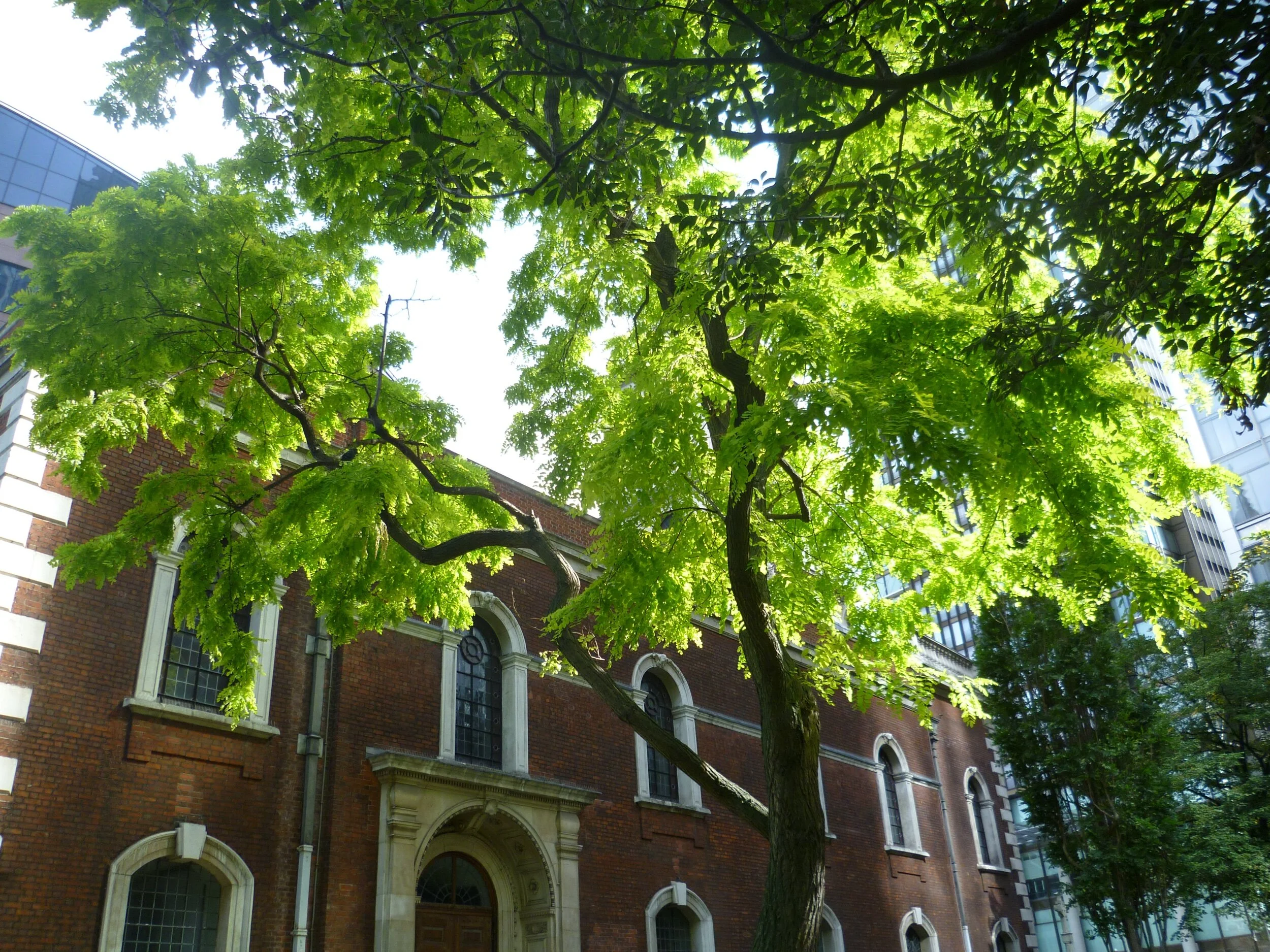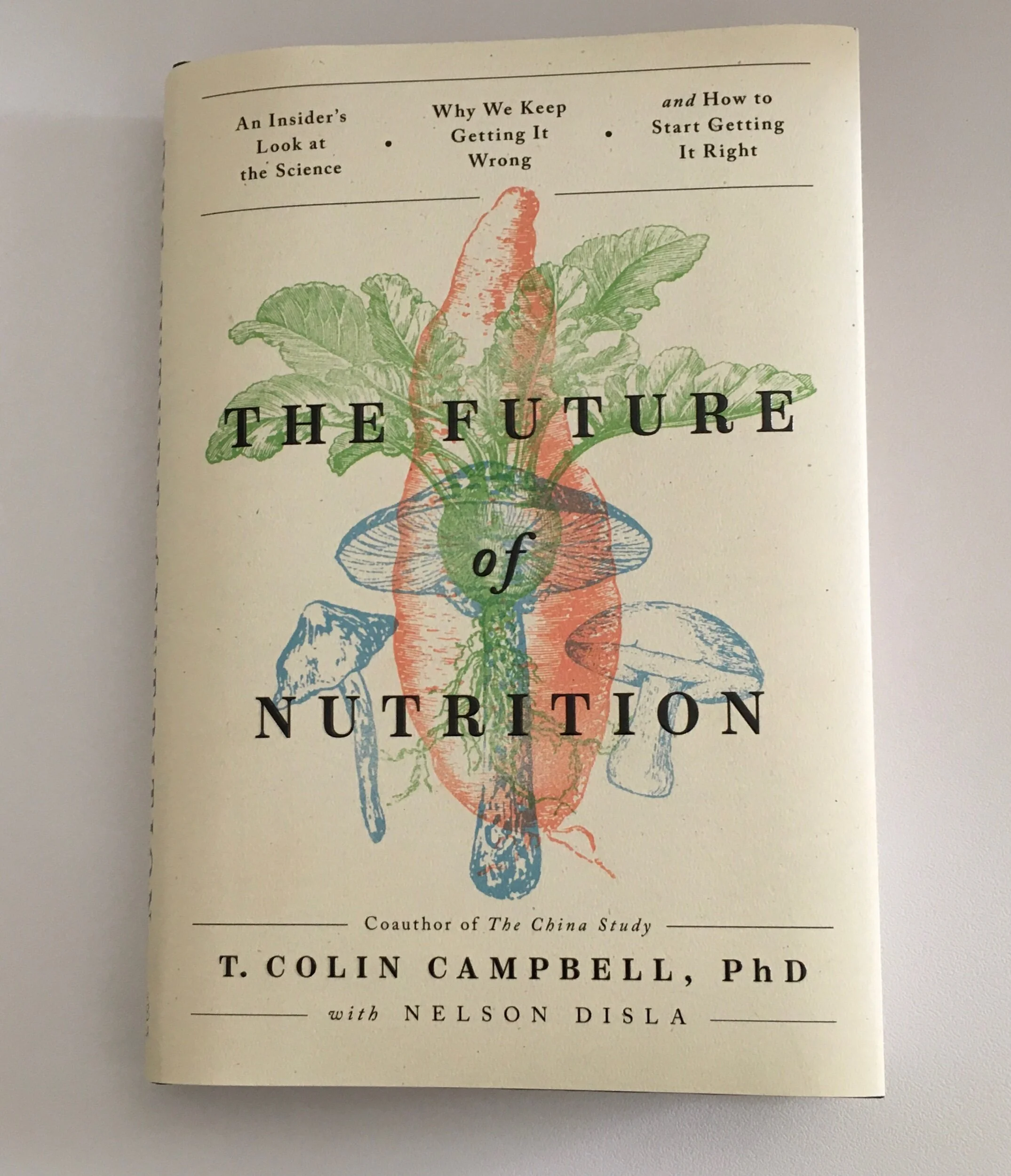Street trees may reduce the risk of depression
Researchers analysed data from 10,000 people living in Leipzig, Germany to see the effect of urban street trees on mental health. The team from UFZ (Helmholtz Centre for Environmental Research) iDiv (German Centre for Integrative Biodiversity Research) and Leipzig University analysed data from individuals who had taken part in the LIFE-ADULT health study and combined it with all data on the number and species of street trees throughout the city of Leipzig.
The researchers identified the association between antidepressant medication prescriptions, the number of street trees and the distance of those street trees from homes. Results were controlled for other factors associated with depression including employment, age, gender and body weight. The researchers found that having more trees near to homes (less than 100m away) was associated with a reduced risk of an individual being prescribed antidepressants. This was especially true for deprived groups, groups the researchers had already found to be the most likely to be prescribed antidepressant medication.
Urban greenspace is increasingly linked to both better physical and mental health with nature based solutions a great way to improve human health whilst encouraging biodiversity in urban spaces. Lockdown has inspired many more of us to cherish our trees and greenspace.


